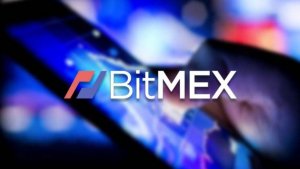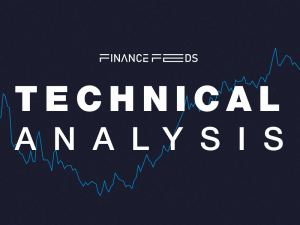BIS: FX execution algorithms create efficient markets but have severe regulatory implications
Prepared by a study group led by Andréa M Maechler, member of the Governing Board of the Swiss National Bank, the report draws on a survey of 70 sophisticated market participants globally and extensive industry-wide outreach.

Execution algorithms (EAs) – designed to buy or sell foreign exchange according to a set of user instructions – have contributed positively to FX market functioning, but they also give rise to new challenges for regulatory bodies, states the Bank for International Settlements.
Execution algorithms have seen a rise in usage amid an increasingly decentralised and fragmented trading environment.
This has helped support price discovery and market functioning but also has the potential to create new risks, says the BIS report.
Prepared by a study group led by Andréa M Maechler, member of the Governing Board of the Swiss National Bank, the report draws on a survey of 70 sophisticated market participants globally and extensive industry-wide outreach.
It concludes that while EAs improve market functioning, they also: transfer execution risk from dealers to end users; contribute to changing liquidity dynamics and the underlying market structure; and raise the bar for market participants in accessing the data, skills and tools required to navigate this market successfully.
EAs may also create self-reinforcing loops and exacerbate sharp price moves, although initial observations from the Covid-19 pandemic suggest that these risks may be less acute than expected.
Says Maechler: “While the focus of the report is on the FX market, many of the findings are also of broader relevance to other fast-paced electronic markets experiencing similar trends. As those markets continue to evolve rapidly, access to high-quality data, novel skills and adequate tools becomes key in this context.”









